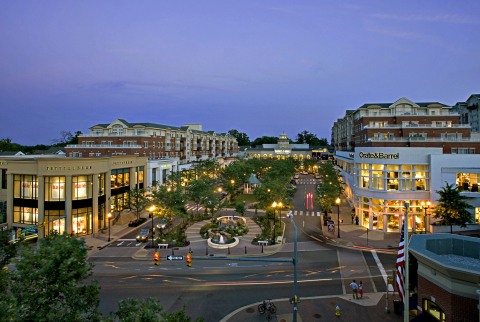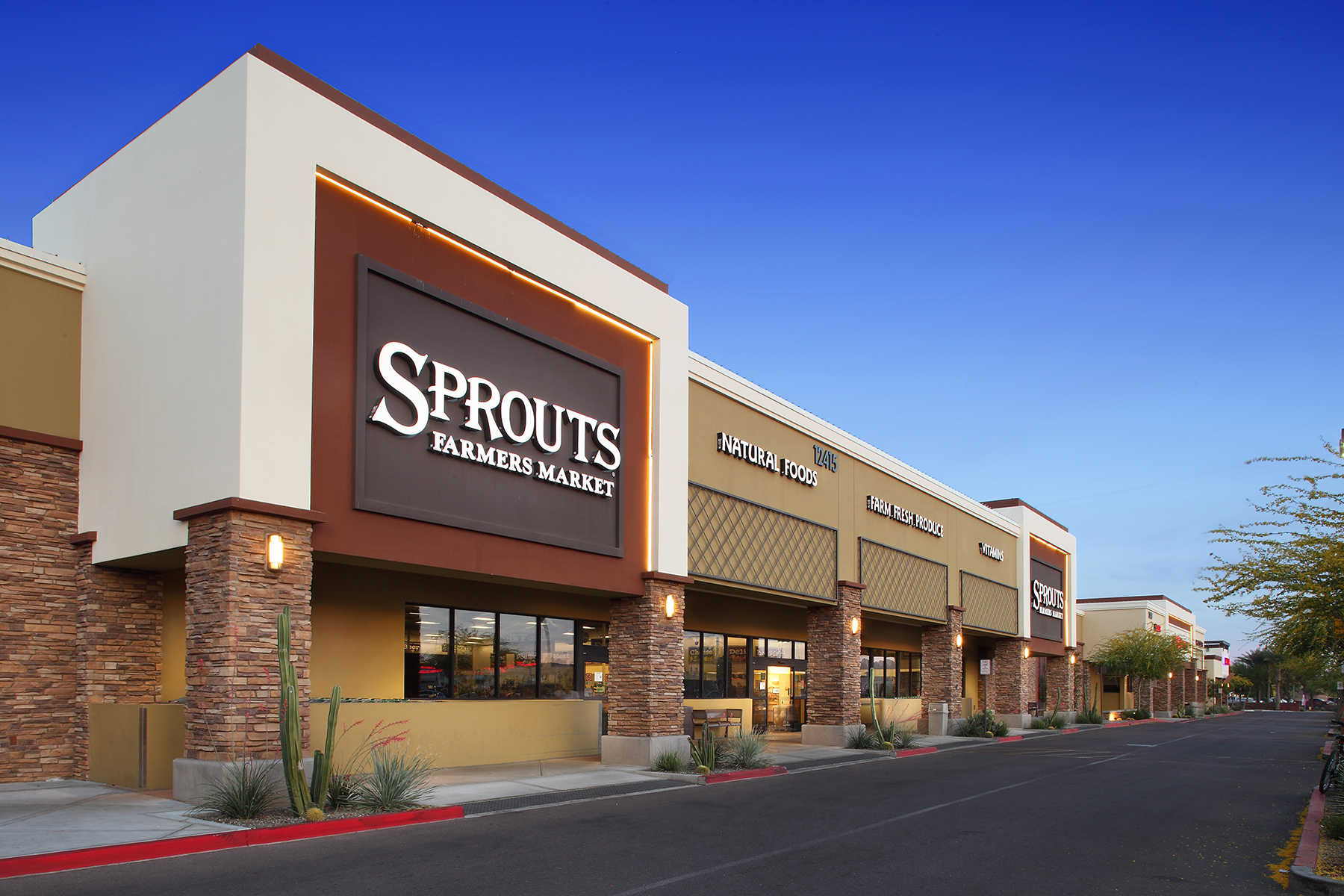Power Shopping: Behind the Regency-Equity One Mega-Merger
Westwood Financial's co-CEOs explain what the $15.6 billion deal tells us about the future of retail real estate investment.
By Joe Dykstra and Randy Banchik
The planned merger of Regency Centers Corp. and Equity One Inc. makes a resounding statement about the grocery-anchored/necessity retail shopping center business.
We’ve spoken privately to some of the people involved in this blockbuster deal, and the reasoning behind their strategy is quite familiar to us. The move is about diversification, economies of scale, cost of capital and high-quality real estate.
Further, the merger reflects a larger trend: consolidation of retail assets into large single portfolios. In a joint statement last November, Regency and Equity One noted that the deal would create a 57 million-square-foot portfolio comprising 429 properties, primarily in high-density infill sites and affluent trade areas. Upon the deal’s expected closing during the first quarter or early second quarter, the combined companies will have an $11.9 billion pro forma equity market capitalization and a total equity market cap of $15.6 billion.

Market Common Clarendon in Arlington, Va., acquired last May by a joint venture of Regency Centers Corp. and AvalonBay Communities.
At Westwood Financial, we recently made a similar decision. Last fall, we completed a complex initiative that combined our 271 partnerships into a single $1.2 billion portfolio. Consisting of 75 retail centers in 26 cities, the portfolio serves 1,100 tenants, including 19 different grocery stores. In the evolution of the shopping center industry, this consolidation trend is synonymous with going on the offense, rather than playing defense.
Retail real estate owners that diversify their holdings tend to achieve stronger balance sheets, create efficiencies through economies of scale, lower their cost of capital and increase the quality of their assets. These owners will find greater opportunities for success and, we believe, will come out on top.
Lowering Risks, Staying Nimble
Although the Regency-Equity One mega-merger puts one less buyer in the market, it will likely boost the combined company’s sales activity. The company, which will operate under the Regency name, will be well positioned to plan proactively for changes in the industry, and lower its risk in almost every respect.
By contrast, those retail owners that don’t have a larger structure, or don’t create one, won’t be able to compete on a capital basis to achieve growth. Without diversification of both location and tenant rosters, owners and operators will raise their level of risk and make their portfolios more susceptible to volatility.
Regency and Equity One each bring an extremely high-quality portfolio to the deal, which is the primary factor in their current combined market cap. They also occupy outstanding locations in their markets around the country.
Moreover, Regency is highly focused on its core product, a disciplined approach that likewise characterizes our strategy at Westwood Financial. When Regency set out to grow its portfolio and its balance sheet, it refrained from rushing toward the latest trend. Instead, the firm acquired Equity One, which owns comparable grocery-anchored assets in very similar or demographically synergistic locations.
We believe that the merger of Regency and Equity One confirms that bold moves like this are the right moves to make now.
Joe Dykstra and Randy Banchik are Co-CEOs of Westwood Financial, a $1.2 billion retail real estate company that owns and operates high-quality shopping centers throughout the U.S. Headquartered in Los Angeles, Westwood Financial maintains regional offices in Scottsdale, Ariz., Dallas and Kennesaw, Ga.










You must be logged in to post a comment.